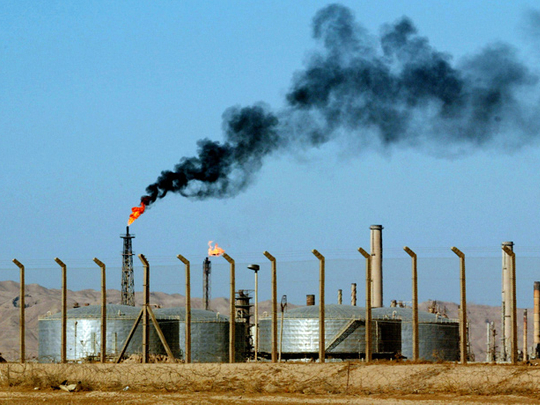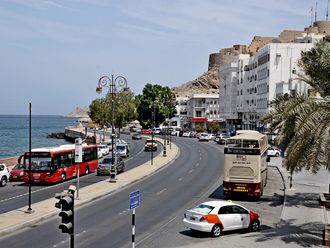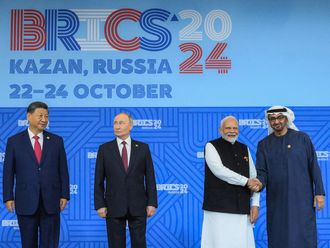
Kirkuk: Militants pressing a major offensive in Iraq attacked the country’s biggest oil refinery Wednesday, as the premier scrambled to regain the initiative by sacking security commanders and reaching out to political rivals.
The crisis, which has displaced hundreds of thousands of Iraqis, threatens to carve up the country while the assault on the Baiji oil refinery early Wednesday will likely further spook international oil markets.
From about 4:00 am (0100 GMT), clashes erupted at the Baiji refinery complex in Salaheddin province, north of Baghdad, according to a senior official and a refinery employee.
They said some tanks containing refined products caught fire and that the Iraqi security forces had suffered casualties.
Prime Minister Nouri Al Maliki’s security spokesman, Lieutenant General Qassem Atta, later said that Iraqi forces had repelled the attack in fighting which left 40 militants dead. He did not mention security force casualties.
The refinery was shut down and most employees evacuated on Tuesday due to a drop in demand caused by the militant drive, which is being spearheaded by jihadists from the Islamic State of Iraq and the Levant (Isil).
World oil producers have cautiously watched the unfolding chaos in Iraq, which currently exports around 2.5 million barrels of oil per day, but have stressed that the country’s vast crude supplies are safe - for now.
Rebecca O’Keeffe, head of investment at stockbroker Interactive Investor said the attack on the Baiji refinery ought to have limited international impact.
“As I understand it, the Baiji refinery doesn’t provide any supply outside of Iraq, so the impact of this attack is possibly less severe than feared,” O’Keefe told AFP.
“However if the Isil forces continue to make progress towards Baghdad and onto Iraq’s main oilfields in the south, the current oil price stabilisation is likely to be short lived and we could see a significant spike in oil prices.”
Further north, Iraqi security forces pushed into new areas of Tal Afar town on Wednesday during heavy fighting with militants, a provincial councillor said.
The Shiite-majority town is located in Iraq’s Nineveh province along a strategic corridor to Syria, and security forces have been battling militants for control of it for days.
But militants gained ground elsewhere, with a senior police officer saying they had moved into the Shiite Turkmen area of Bashir in the northern province of Kirkuk early on Wednesday.
And despite the early poor performance of the security forces, Pentagon spokesman Rear Admiral John Kirby said Iraqi troops, with help from Shiite volunteers, were “stiffening their resistance” around Baghdad.
“It certainly appears as if they have the will to defend the capital,” he said.












